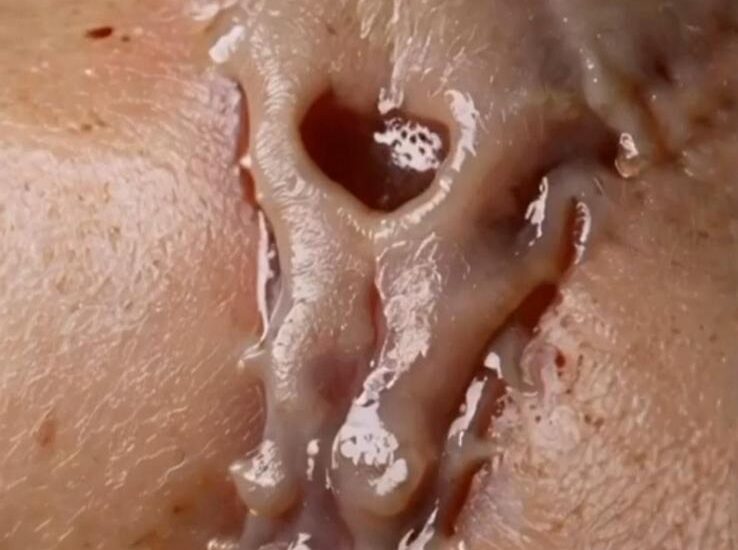
A person should see a dermatologist if they have cysts, nodules, and deep, painful acne. They have late-onset or persistent acne: Late-onset acne may occur in adults who have never previously had the condition. Persistent acne is a relapse or continuation of acne from adolescence into adulthood
A person should see a dermatologist for acne that involves deep, painful cysts and nodules, as well as for late-onset or persistent acne that doesn’t respond to over-the-counter treatments. Untreated severe acne can lead to significant scarring, so prompt treatment by a dermatologist is important.
When to See a Dermatologist
You should consult a dermatologist if you experience:
- Severe acne:This includes large, deep, and painful cysts and nodules, which are a more serious form of inflammatory acne.
- Late-onset acne:Adults who have never had acne before can develop it later in life, and this new onset may require medical attention.
- Persistent acne:If your acne continues from adolescence into adulthood or relapses, a dermatologist can offer more effective treatments.
- Failed self-care:When over-the-counter remedies don’t clear your acne, it’s time to seek professional help.
- Signs of complications:If your acne is causing scarring, disfigurement, or impacting your mental health, a dermatologist can intervene.
Why Professional Help is Necessary
- To prevent scarring:Deep-seated cysts and nodules have a high risk of leading to permanent scars if left untreated.
- For effective treatment:Dermatologists have access to stronger medications and treatments, such as prescription-strength topical creams, oral medications, and other non-pharmaceutical therapies, that are not available over-the-counter.
- For underlying issues:In older adults, a sudden onset of severe acne could signal an underlying medical condition that needs to be addressed.
